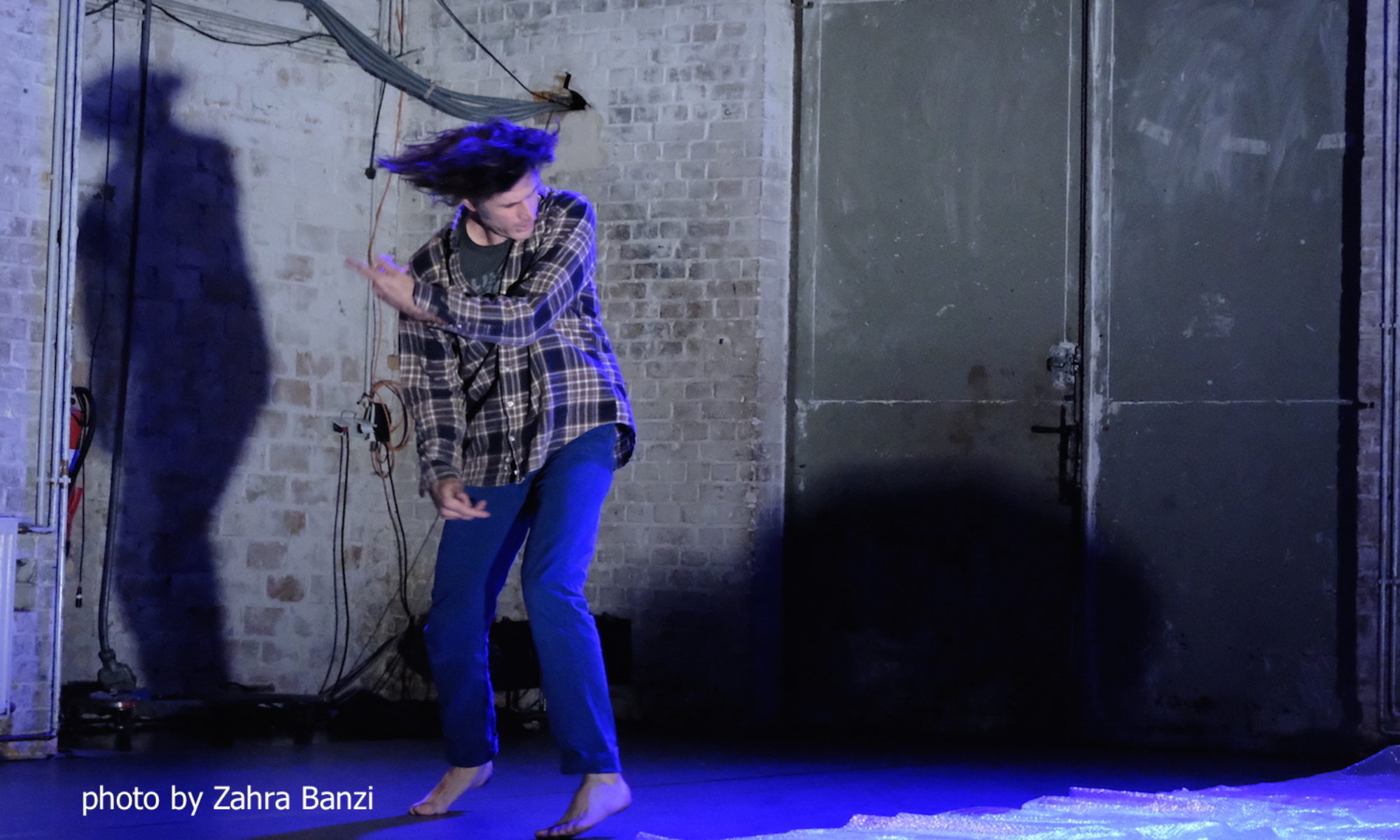“The meaning for me is the truth involved in this: one artist creating spontaneously something which is governed by the atmosphere, the audience, the place (both the room and the geographical location), the instrument; all these being channeled consciously through the artist so that everyone’s efforts are rewarded, although the success or failure belongs completely to the artist himself. The artist is responsible for every second.
In a group this is not true, nor should it be true. One is firstly responsible to the other players and so the cycle is not quite complete, not quite pure. Nobody knows exactly whose fault or responsibility, failure, or success it is because of the nature of a group and the complexities involved. One does not have the communion with the audience because one is having communion with the rest of the group.” – Keith Jarrett, from the liner notes for Solo-Concerts Bremen Lausanne
Today I bought Keith Jarrett’s Solo-Concerts Bremen Lausanne CD. I don’t know much about his music, haven’t heard much of it. I listened to a story a few days ago on, I think, NPR about the album of his solo concert in Cologne and then walked by the Dussmann shop on Friedrichstrasse and saw several of his albums for sale. Couldn’t find the Köln one, so I bought this one. Listening to it right now, the part from Lausanne. Around 23:00 some great music happens and continues to about 29:00. A wonderful vein that he explores.
I really like some things he says in the above quote –
- something which is governed by the atmosphere, the audience, the place (both the room and the geographical location), the instrument
- channeled consciously through the artist
- Nobody knows exactly whose fault or responsibility, failure, or success it is
What I like the most is the word consciously. Too often, I think, people associate spontaneous and improvised with unconscious. I have no interest in watching someone who is unconscious.
Something I don’t agree with or don’t understand is the success or failure belongs completely to the artist himself. The artist is responsible for every second. I do not believe that the success or failure of a piece lies completely with the artist. The artist can’t know what the audience likes and doesn’t; knows and doesn’t know and, I would say, can’t be held responsible for the success or failure of a piece. Well, in his or her eyes/ears/mind, yes, but not in the audiences.
But the artist is responsible for every second because s/he is the one active agent in the artist-audience relationship. Maybe active is the wrong word. Maybe expressive in that the artist is putting something out and the audience is absorbing it. But if we are to take his earlier statement that the atmosphere and the audience govern what the artist is creating then the audience is partly responsible. Though at the moment of execution, the artist is the one deciding what happens.
What cycle is Jarrett talking about in the second paragraph? Is he referring to the cycle of atmosphere, audience, etc. affecting the artist who is then in turn affecting the atmosphere, audience, etc which then in turn affect the artist which then in turn…? So then does the group or ensemble communion affect connection to the audience? I would agree, and maybe this is why ensemble improvisation can seem insular or self indulgent because the artists are paying more attention to each other than to the audience. Hmm…, but I am speaking from a dance artist’s perspective and not a music artist’s perspective.
Whatever he means, I’m going to listen to more of his music.
ps: pardon the bad syntax.
